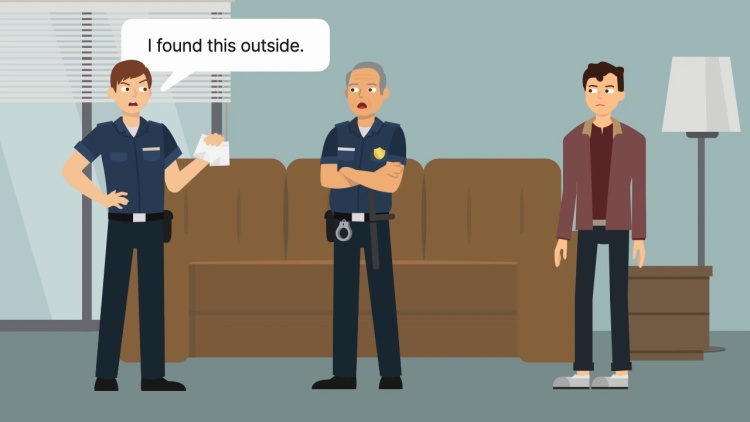Jones v. United States
United States Supreme Court
362 U.S. 257 (1960)
- Written by Salina Kennedy, JD
Facts
Evans gave Jones (defendant) the key to his apartment and told Jones that he could stay there while Evans was out of town for a few days. Jones, who had a home elsewhere, was the only person in the apartment when the police executed a search warrant and found narcotics. The police arrested Jones and the seized drugs were used as evidence against him at trial. Jones moved to suppress the evidence found during the search, arguing that the police had obtained the search warrant without probable cause. Because Jones had been merely a guest in the home and because he did not claim ownership of the drugs in question, the trial court denied Jones’s motion to suppress for lack of standing. The court of appeals affirmed the trial court’s ruling. The United States Supreme Court granted certiorari.
Rule of Law
Issue
Holding and Reasoning (Frankfurter, J.)
What to do next…
Here's why 907,000 law students have relied on our case briefs:
- Written by law professors and practitioners, not other law students. 47,100 briefs, keyed to 996 casebooks. Top-notch customer support.
- The right amount of information, includes the facts, issues, rule of law, holding and reasoning, and any concurrences and dissents.
- Access in your classes, works on your mobile and tablet. Massive library of related video lessons and high quality multiple-choice questions.
- Easy to use, uniform format for every case brief. Written in plain English, not in legalese. Our briefs summarize and simplify; they don’t just repeat the court’s language.





